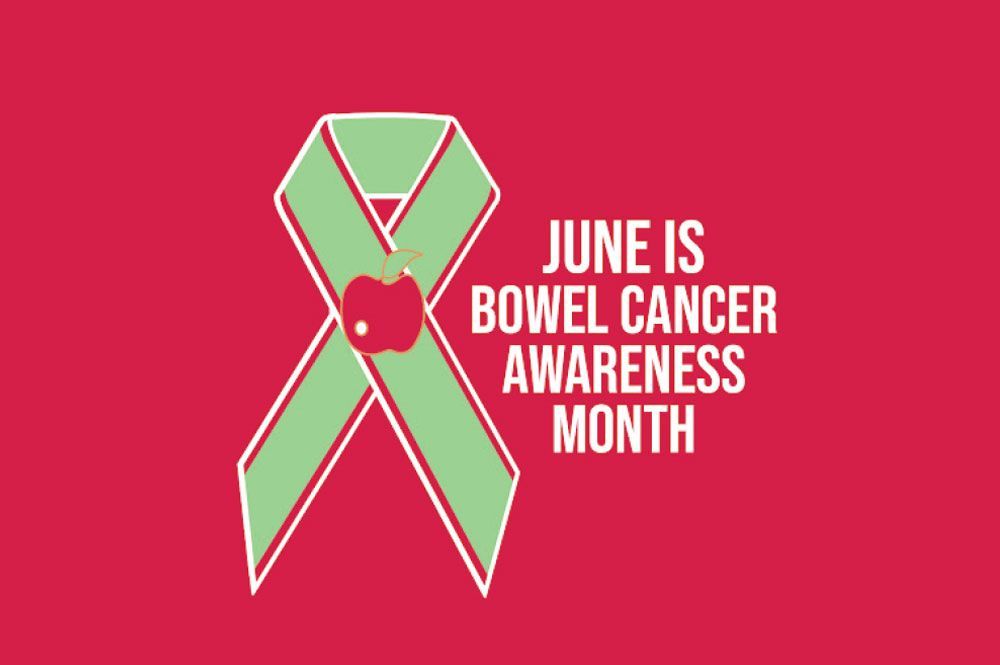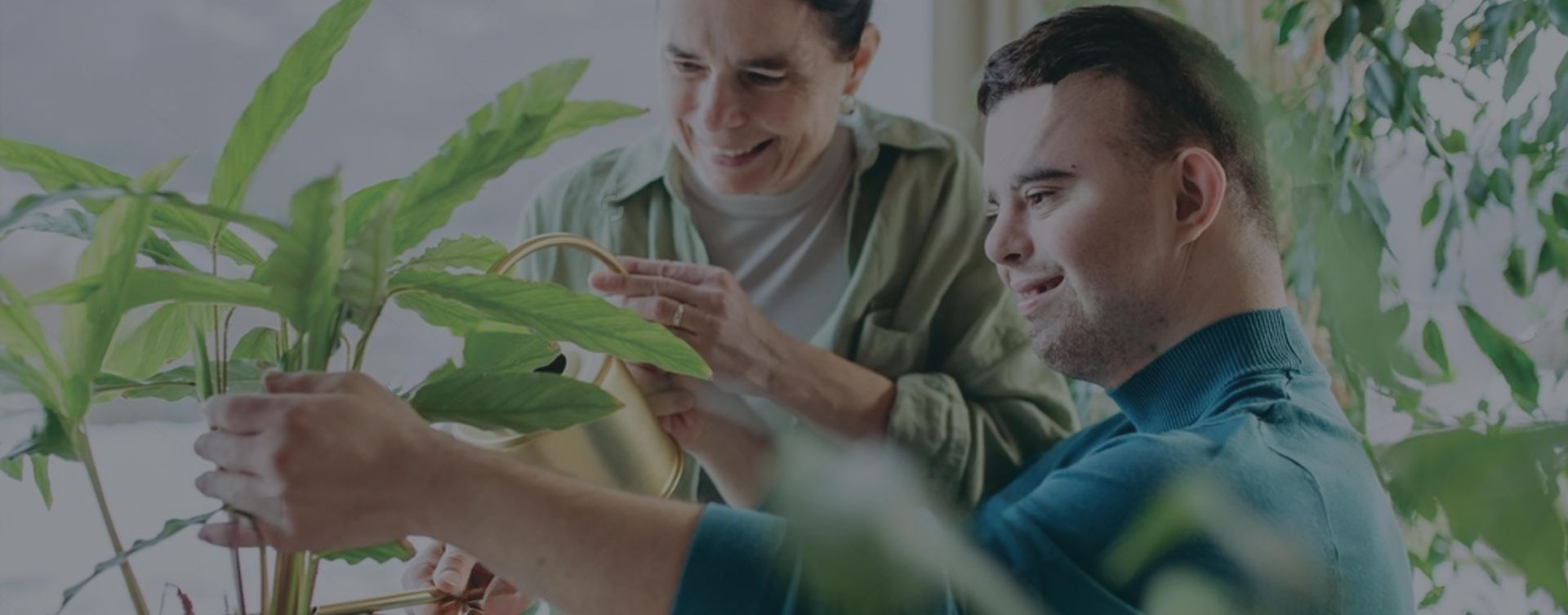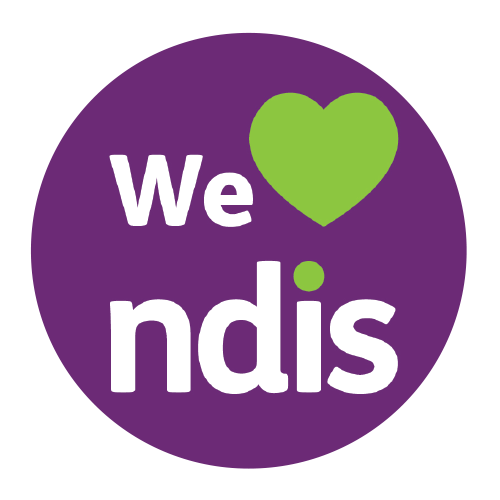Bowel Cancer Awareness Month
June is Bowel Cancer Awareness Month, a time to raise awareness, share valuable resources and raise desperately needed funds to assist in prevention, screening, early diagnosis, treatment options and ongoing research.

Here are some statistics you need to know:
- Bowel Cancer is the third most common newly diagnosed cancer in Australia.
- Currently, 15, 531 Australians are diagnosed with Bowel Cancer a year.
- Bowel Cancer claims the lives of 5350 Australians every year, of which 315 people diagnosed are under the age of 50.
As Australia’s third most cause of death from cancer, we join the aim to educate and inform – if detected early, statistics show that there is a possible 90% chance of Bowel Cancer being successfully treated.
What is Bowel Cancer?
Bowel Cancer occurs when cells in the bowel lining become abnormal and start dividing and growing. Bowel Cancer, also known as Colorectal Cancer, can affect any part of the Colon or Rectum, which form part of the large intestine.
Signs and Symptoms:
Early Bowel Cancer may not have any signs or symptoms, which is why regular check-ups are recommended. Once the disease has advanced the most common symptoms may be:
- Rectal bleeding or blood in the stool
- Change in Bowel Habits – Any change that occurs and remains that is different from your normal habits – these vary from more bowel movements than usual, more constipation or smaller frequencies of bowel movements.
- Stool Changes – Change in colour; consistency; mucous in stools
- Gas, Bloating or Cramps in the Bowel or Rectum
- A feeling of fullness in the bowel after a bowel movement
- Pain or a lump in the Bowel or Rectum
Risk and Prevention:
Bowel Cancer affects both young and old and knowing your body is key. It is important to be aware of your family history and age factors that play a role in the development of Bowel Cancer.
If you are aware of a family history of Bowel Cancer, Polyps or type 2 Diabetes or if you are 50 years and above, the risk of developing
Bowel Cancer increases greatly, and it is important to be screened regularly.
Lifestyle Risk Factors:
- A diet rich in red and processed meats
- Physical Inactivity
- Obesity
- Smoking
- Heavy Alcohol Use
Lifestyle Tips to Promote Gut Health:
- Eat a healthy Diet – Incorporate fibre rich foods such as vegetables, fruits and grains into your daily diet.
- Exercise Regularly – Go for a daily walk, the gym or spend time outdoors with family and friends. Get moving – moving aids the gut in processing and digesting foods by getting the digestive tract active and replenished with new cells.
- Maintain a Healthy Weight – This assist in overall health as well as Cancer prevention.
- Get Enough Calcium and Vitamin C – These are found in dairy products, citrus fruits, strawberries, broccoli, brussels sprouts, and peppers.
- Limit Alcohol – Be aware of your intake and where possible, choose alternative beverages.
- Quit Smoking - Its never too late!
GET SCREENED REGULARLY.
Resources:
In 2018, the Australian Government implemented the National Bowel Cancer Screening Program, which sends out free Bowel Cancer Screening tests to all eligible Australians between the ages of 50 and 75 years old. If you are in NSW, act now and sign up for your Bowel Screening test at:
-
Contact the Bowel Cancer Australia Hotline (Mon – Friday)
1 800 727 336
Join the Australia Bowel Cancer Wellness Beyond Diagnosis Movement
-
If you are under the age of 50 visit
-
Support Groups:
Find Support Groups Australia Wide through the GI Cancer Organisation





